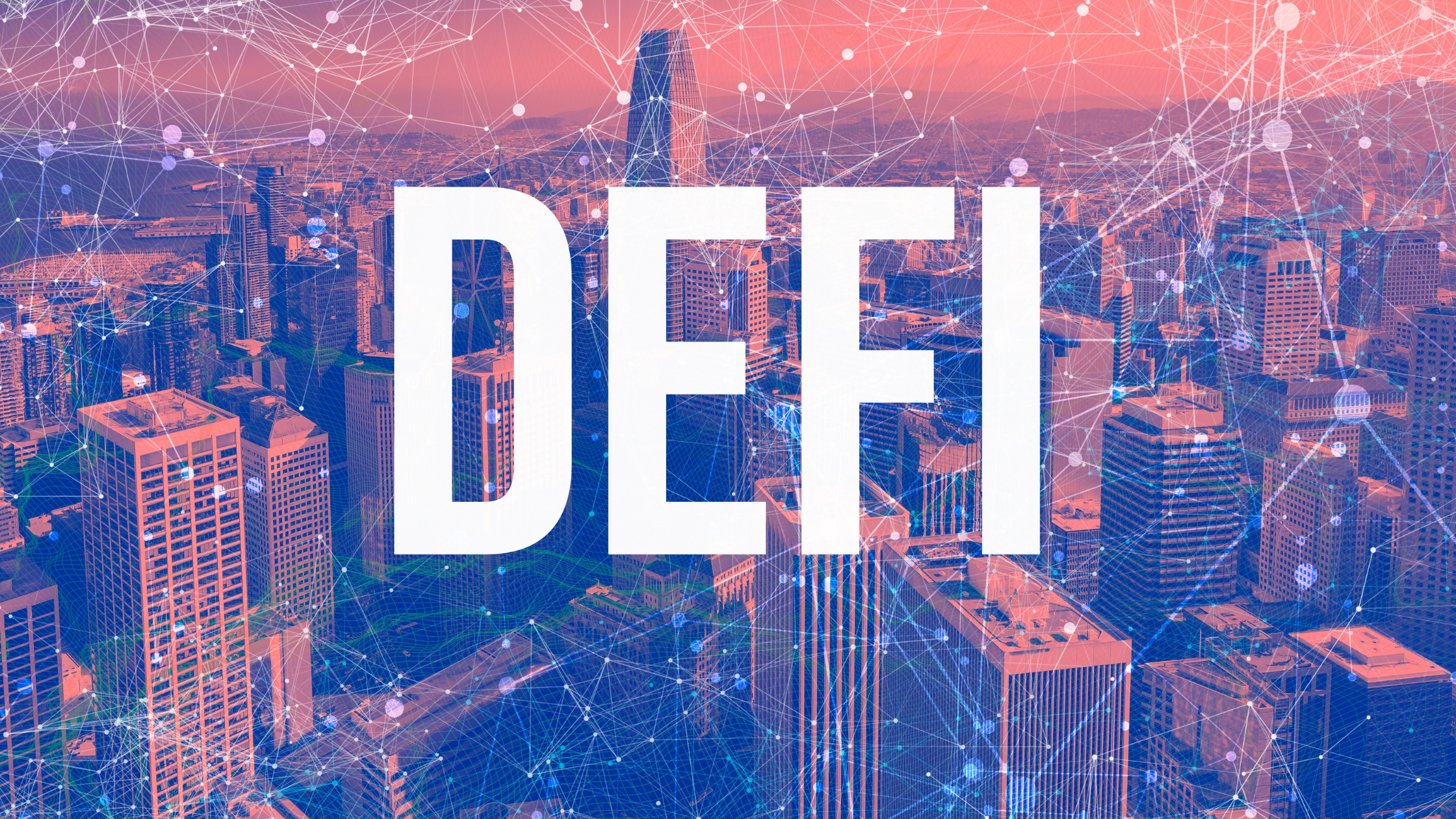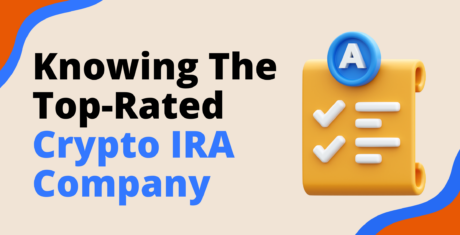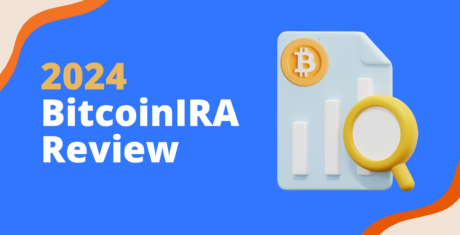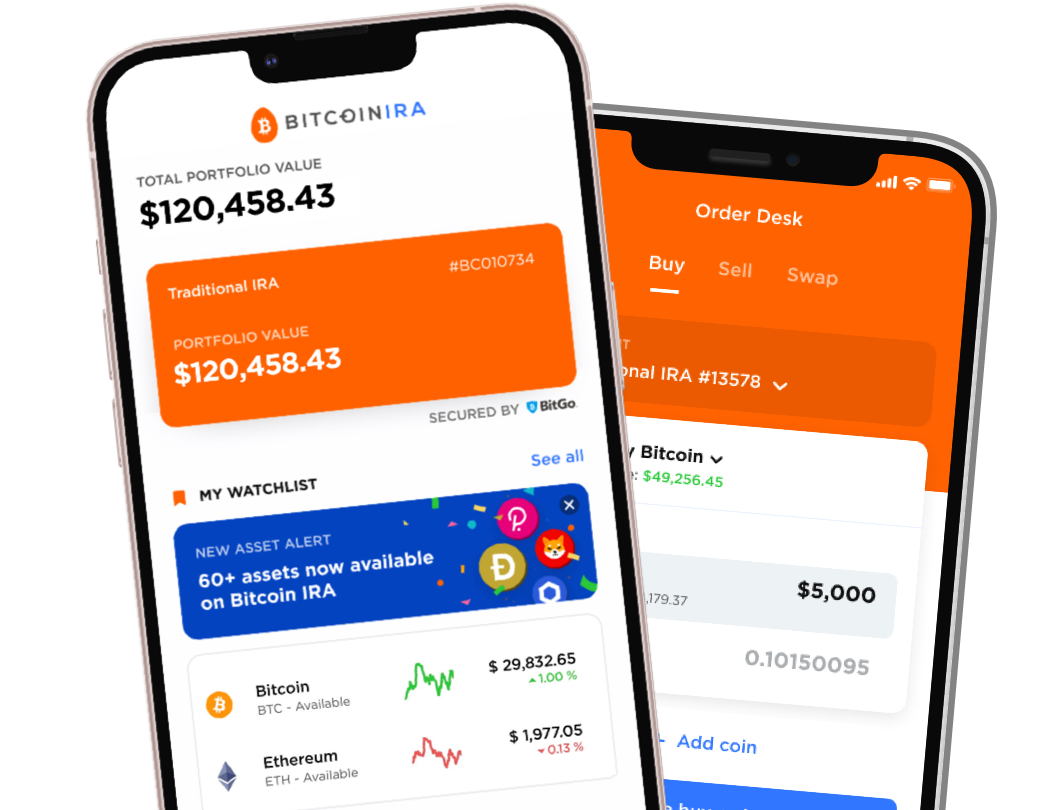The world of finance is undergoing a transformation with the advent of decentralized finance (DeFi) and centralized finance (CeFi). These innovative systems are revolutionizing the way we think about money, investments, and financial transactions. In this article, we will delve into the concepts of DeFi and CeFi, explore their benefits and advantages, compare the two approaches, and discuss the future of financial systems.
What is DeFi? Exploring the Concept of Decentralized Finance
Decentralized finance, or DeFi, is a financial system built on blockchain technology that aims to eliminate intermediaries and provide open, transparent, and permissionless access to financial services. Unlike traditional financial systems, which rely on centralized authorities such as banks or governments, DeFi operates on a peer-to-peer network of smart contracts.
One of the key features of DeFi is its ability to offer a wide range of financial services, including lending, borrowing, trading, and investing, without the need for intermediaries. By leveraging blockchain technology, DeFi platforms enable users to interact directly with one another, eliminating the need for costly middlemen and reducing transaction fees.
Benefits and Advantages of DeFi
DeFi offers several benefits and advantages over traditional financial systems. Firstly, it provides greater financial inclusion by allowing anyone with an internet connection to access financial services. This is particularly significant for individuals in underserved or unbanked regions who may not have access to traditional banking services.
Secondly, DeFi offers increased transparency and security. The use of blockchain technology ensures that all transactions are recorded on a public ledger, making them auditable and less prone to fraud. Additionally, smart contracts, which automate the execution of agreements, eliminate the need for trust in counterparties.
Furthermore, DeFi platforms are highly interoperable, meaning that they can seamlessly integrate with other applications and services. This allows for the creation of innovative financial products and services that can leverage the capabilities of various DeFi platforms.
What is CeFi? Understanding Centralized Finance
Centralized finance, or CeFi, is the traditional financial system that most people are familiar with. It relies on centralized authorities such as banks, governments, or financial institutions to facilitate and regulate financial transactions. In CeFi, users entrust their funds to these intermediaries, who then manage and control the flow of money.
Unlike DeFi, which operates on decentralized networks, CeFi platforms are centralized and have full control over the financial services they provide. While this centralized approach offers familiarity and ease of use, it also comes with certain drawbacks, such as limited access, high fees, and lack of transparency.
Comparing DeFi and CeFi: Pros and Cons
Both DeFi and CeFi have their own set of pros and cons. DeFi offers greater financial inclusion, transparency, and security, but it is still a nascent industry facing challenges such as scalability and regulatory uncertainty. CeFi, on the other hand, provides familiarity and ease of use, but it is susceptible to censorship, fraud, and counterparty risk.
In terms of accessibility, DeFi outshines CeFi by providing open and permissionless access to financial services. Users only need an internet connection and a cryptocurrency wallet to participate in DeFi platforms. CeFi, on the other hand, often requires users to go through a lengthy onboarding process, which includes identity verification and account creation.
When it comes to fees, DeFi offers significant advantages over CeFi. Due to the elimination of intermediaries, DeFi platforms can provide services at a fraction of the cost compared to traditional financial institutions. CeFi, on the other hand, often charges high transaction fees and imposes additional costs for services such as wire transfers or currency conversions.
The Future of Financial Systems: The Rise of DeFi
As we look ahead, it is clear that DeFi is poised to play a major role in shaping the future of financial systems. The benefits offered by DeFi, such as financial inclusion, transparency, and lower fees, are attracting more users and investments. The total value locked in DeFi protocols has been steadily increasing, reaching billions of dollars.
Key players in the DeFi industry, such as lending platforms, decentralized exchanges, and stablecoin projects, are gaining traction and driving innovation. These platforms are creating new opportunities for investors, enabling them to earn passive income through lending, liquidity provision, or yield farming.
How to Get Started with DeFi
If you’re interested in getting started with DeFi, here are a few steps to guide you:
- Educate yourself: Familiarize yourself with the basics of blockchain technology, cryptocurrencies, and smart contracts and understand how DeFi platforms work.
- Set up a cryptocurrency wallet: Choose a reliable cryptocurrency wallet that supports the tokens you want to use in DeFi. Ensure that you keep your private keys secure and backed up.
- Research DeFi platforms: Explore different DeFi platforms and projects to find ones that align with your financial goals. Consider factors such as security, reputation, and user feedback.
- Start small: Begin by investing a small amount of funds in DeFi platforms to test the waters. This will allow you to familiarize yourself with the platforms and understand how they work.
- Stay informed: Keep up to date with the latest developments and news in the DeFi space. Join online communities, follow industry experts, and participate in discussions to expand your knowledge.
Embracing the Future of Finance with DeFi and CeFi
In conclusion, DeFi and CeFi represent two different approaches to finance, each with its own benefits and challenges. While DeFi offers greater financial inclusion, transparency, and lower fees, CeFi provides familiarity and ease of use. The future of financial systems is likely to be a hybrid model that combines the best aspects of both approaches.
As the DeFi industry continues to evolve and mature, it is important for users to educate themselves about the challenges associated with these platforms. By understanding the potential rewards of DeFi, individuals can make informed decisions and actively participate in shaping the future of finance.
So, whether you choose to embrace the decentralized revolution of DeFi or stick with the familiarity of CeFi, the key is to stay informed, be cautious, and explore the opportunities that these innovative financial systems offer.
Ready to start your journey towards a diversified and secure Bitcoin IRA? Create your profile and start investing at Bitcoin IRA, for questions contact our customer support by calling us at 866-570-1947 , sending us an email to [email protected] or scheduling a call with a Bitcoin IRA Specialist.
Bitcoin IRA is a platform that connects consumers to qualified custodians, digital wallets and cryptocurrency exchanges. The company is not a custodian, is not a digital wallet and is not an exchange. The information provided in this article is for educational purposes only. We encourage you to consult an adviser or professional to determine whether Bitcoin IRA makes sense for you.







 3,500+ 5-Star Reviews
3,500+ 5-Star Reviews